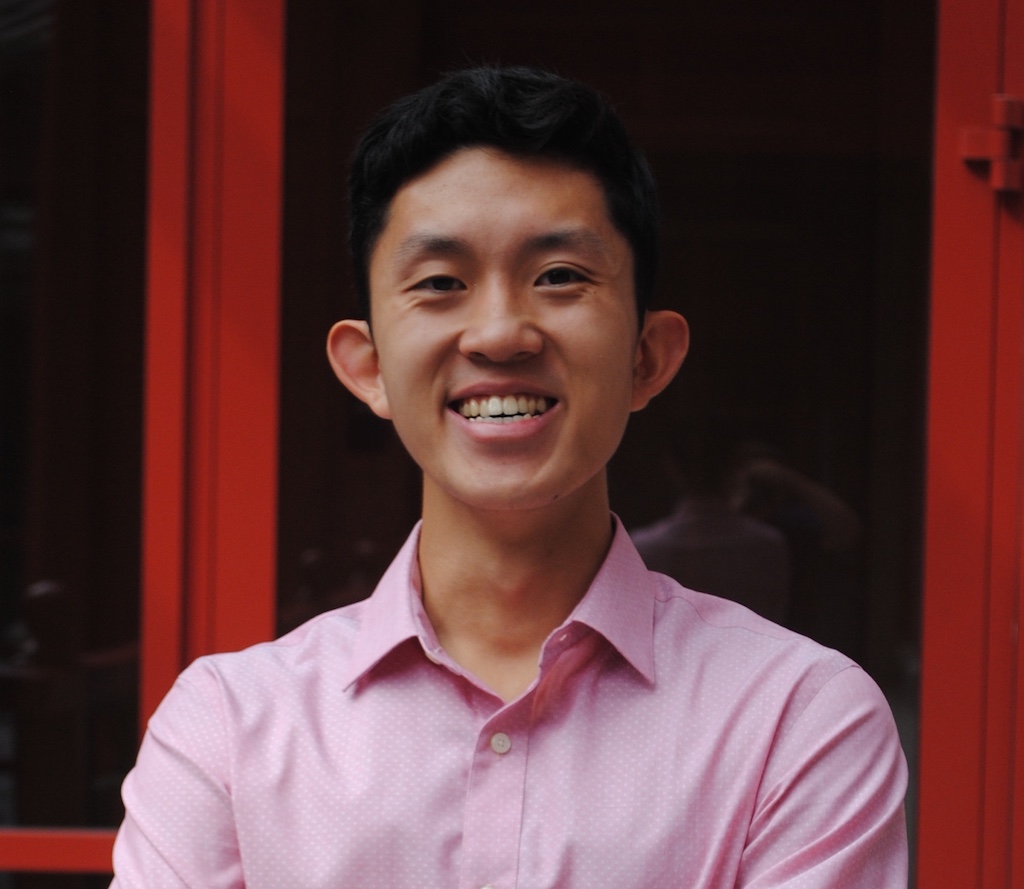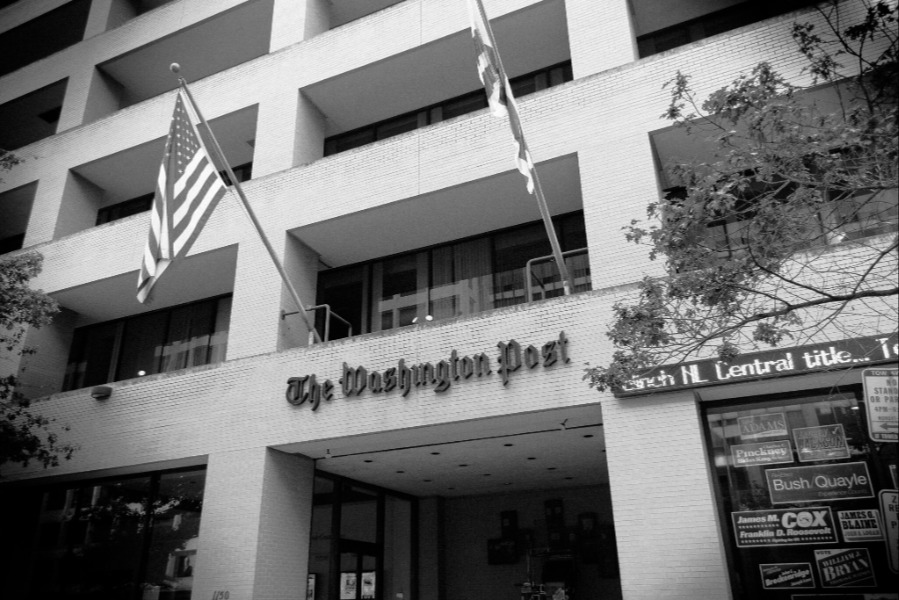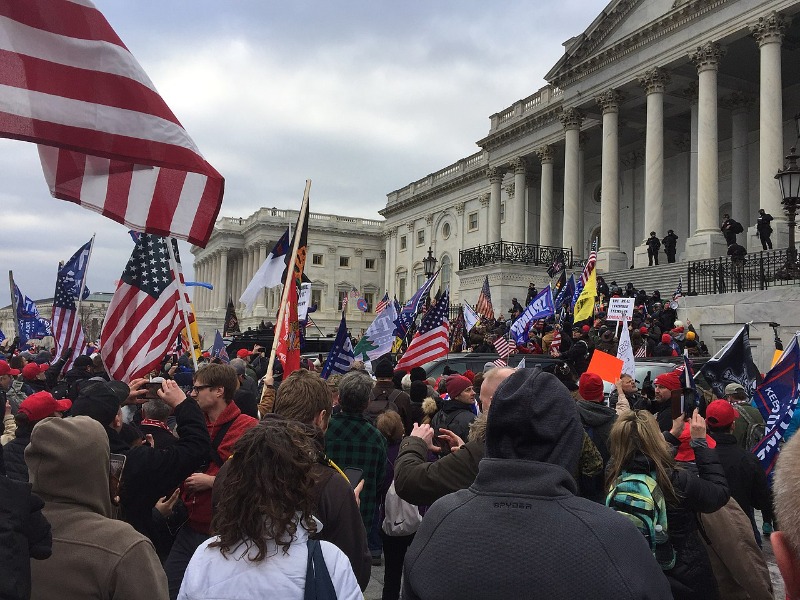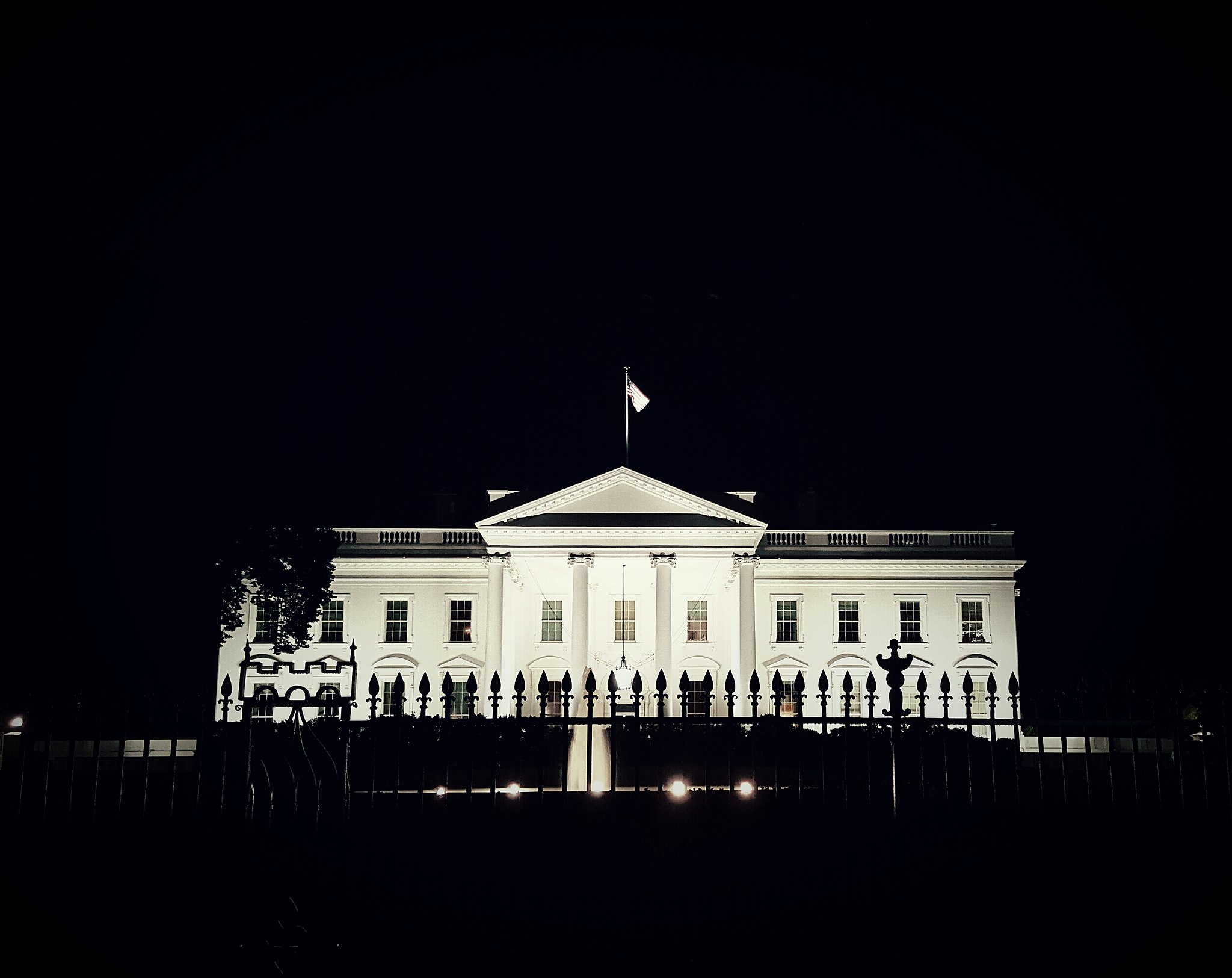Canada’s Foreign Policy Election
The next Canadian federal election, which will largely pit Prime Minister Justin Trudeau’s Liberal Party against Andrew Scheer’s Conservative Party, is set to take place on Oct. 21.
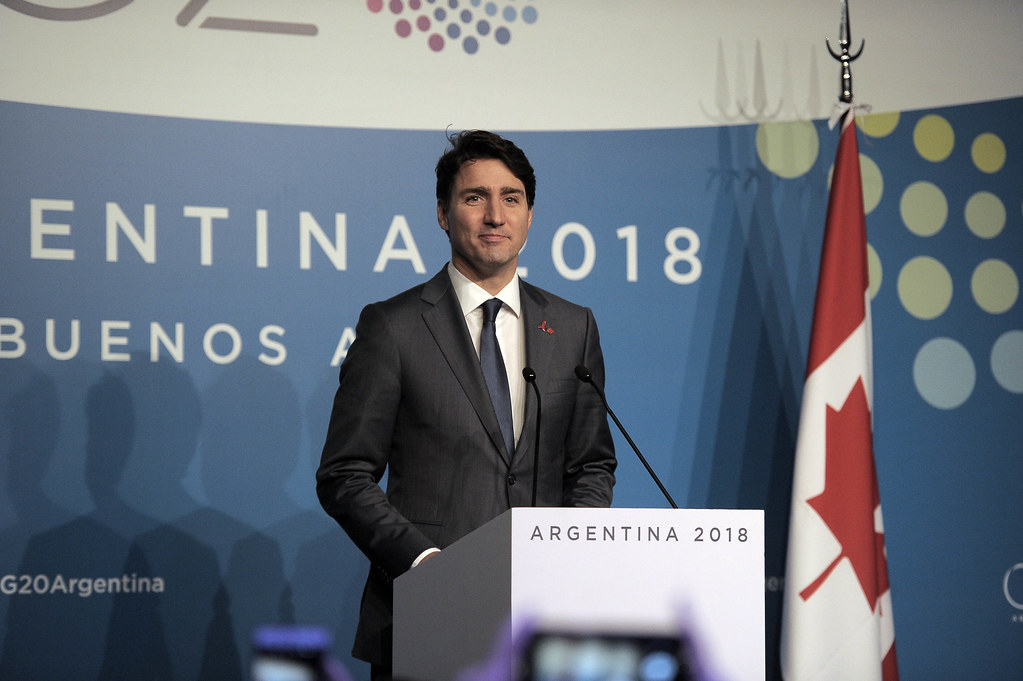
Published by The Lawfare Institute
in Cooperation With

The next Canadian federal election, which will largely pit Prime Minister Justin Trudeau’s Liberal Party against Andrew Scheer’s Conservative Party, is set to take place on Oct. 21. The results may be close: CBC’s Canada Poll Tracker indicates that while the Liberals are currently favored over the Conservatives to win the most seats, the two parties are “virtually tied.” The two parties are battling on a whole host of issues, ranging from climate change and the environment to the government’s economic policies. And for the first time in decades, foreign policy is set to play a large role in the Canadian electoral campaign.
Christopher Sands of the Center for Strategic and International Studies notes that foreign policy has only rarely played a key role in past Canadian federal elections. The 1988 elections, and to a lesser extent those in 1993, were fought over the idea of a free trade pact with the United States. Even in 2004, in the midst of the Iraq War, foreign policy issues surrounding the war played only a small role in the elections—though they might have had more of an impact had Prime Minister Stephen Harper not backed away from his initial, pre-2004 support for military intervention. In comparison, 2019 has already seen an unusual focus on foreign policy—largely due to a series of recent crises such as President Trump’s tearing up of NAFTA and China’s arbitrary arrest of several Canadian citizens.
Trudeau came to power in 2015 arguing in favor of a foreign policy reset—promising, for example, to end the Canadian combat mission in Iraq, take new action on climate change and revamp Canadian national security legislation. After his election, the prime minister argued that “Canada [had] lost its compassion and constructive voice in the world over the past 10 years” and affirmed, “on behalf of 35 million Canadians[,]” that Canada was back. But the new government took time to find its feet on the foreign policy file. After shuffling Foreign Minister Stéphane Dion out of the cabinet, Trudeau settled on a new foreign minister, Chrystia Freeland—who, as one columnist has argued, “began rewriting the language and priorities of Canada’s approach to foreign policy in an effort to maintain her government’s guiding principles in a world that had suddenly become hostile to them.” Freeland called for a defense of the liberal international order, arguing that in light of America’s retreat from global leadership, allied countries would have to adopt increased responsibility. She articulated the government’s approach most clearly in a June 2017 speech, which called for substantial investments in hard power and increased cooperation with like-minded countries, and affirmed the Canadian commitment to “pluralism, human rights and the rule of law.”
Yet Canada’s two main opposition parties, the New Democratic Party (NDP) and the Conservatives, have contended that while Trudeau and his government employ lofty rhetoric, the reality of Liberal foreign policy leaves much to be desired. The left-of-center NDP has consistently accused the government of only paying lip service to progressive values. As tensions have strained the relationship between Canada and Saudi Arabia, for example, the NDP has characterized Canadian policy toward the kingdom as “belated and timid.” Problems began in August 2018, when Freeland took to Twitter to call for the release of two jailed Saudi human rights activists. The Saudi Arabian government, furious at what it decried as this “break with diplomatic norms and protocol,” recalled its ambassador from Canada and later went on to recall the more than 15,000 Saudi students studying in the country. Saudi-Canadian relations would deteriorate further after the Saudi regime’s brutal murder of Jamal Khashoggi. Throughout this period, the NDP pointed out that, despite its critical rhetoric, the government steadfastly refused to cancel its $11.3 billion deal to export Canadian-made light-armored vehicles to the kingdom. The NDP has also criticized the government for not having meaningfully committed to U.N. peacekeeping operations around the globe.
In a different vein, the Conservative Party has argued that Trudeau has displayed tremendous naivité in office. Conservatives continue to cite to Trudeau’s infamous February 2018 trip to India, during which the Canadian high commissioner invited Jaspal Atwal—a Sikh extremist convicted of attempted murder after attempting to assassinate an Indian minister visiting Vancouver in 1986—to an official dinner in Delhi. The Canadian government eventually rescinded his invitation, but not before Atwal had taken photos with Trudeau’s wife. The Atwal fiasco led to a freeze-over of bilateral relations. The Conservatives have also derided Trudeau’s insistence on pushing for “progressive trade agreements,” meaning agreements that meet Liberal concerns on labor, the environment, and the rights of women and indigeneous people. The National Post, a right-leaning and well-respected paper, reveals that the Liberal government has since instructed bureaucrats to drop the term “progressive” on the grounds that the term was too “politically-loaded” and might have disrupted trade negotiations with certain countries.
But the Official Opposition’s criticisms of Trudeau truly picked up after the December 2018 arrest of Huawei Chief Financial Officer Meng Wanzhou in Canada at the request of the United States, and the resulting collapse in Sino-Canadian relations. China has retaliated by arbitrarily arresting Canadian citizens Michael Kovrig and Michael Spavor and by blocking imports of Canadian pork and canola. In his May keynote foreign policy speech, Conservative Leader Andrew Scheer criticized the “total disarray in how this government has handled” China, pointing out that the government had yet to file a suit in the World Trade Organization against China’s “unjustified trade actions” against Canadian farmers. Scheer also attacked the government for its failure to appoint an ambassador to China: The previous ambassador resigned in January, and the government didn’t appoint a new envoy until Sept. 4, after Scheer’s remarks. In sum, Scheer accused Trudeau of a strategy of appeasement and pledged that a Conservative government, instead of seeking engagement with China, would “commit to like-minded democracies in the Indo-Pacific region.” MP Erin O’Toole, the Conservative Party’s shadow minister for foreign affairs, has similarly pointed out that Trudeau failed to reach out to Chinese counterparts “at senior levels to explain the extradition process” and did not converse with President Xi Jinping until June’s G-20 Summit, almost six months after Meng’s arrest.
Despite this criticism from the opposition, Trudeau does have some cards up his sleeve. Most significantly, the Trudeau government succeeded in crafting a revitalized NAFTA following Trump’s decision to renegotiate or potentially terminate the agreement. As the New York Times writes, Trudeau came away from negotiations “with a few items considered sacred for [Canada’s] economic security”—a dispute resolution system and a “distant expiration date to the agreement.” The United States also lifted tariffs on Canadian steel and aluminum, though analysts and opposition MPs were quick to note that the U.S. reserves the right to reimpose tariffs “in the event that imports of aluminum or steel products surge meaningfully beyond historic volumes.” Still, the fact that the government crafted a new NAFTA deal and avoided the tariffs comes as a relief to Canadians and will likely help the government win support in the upcoming elections. In addition, Freeland has argued that Canada today faces a uniquely challenging set of international circumstances. Given the threat of “resurgent authoritarianism” and the “weakening of the rules-based international order,” as Freeland puts it, perhaps the Liberals may convince Canadians to grant Trudeau leeway as he seeks to defend his foreign policy record.
Yet Trudeau has arguably attempted to draw the national conversation away from his foreign policy record. As the Star notes, Liberal election strategy will center on talking up “the economy—the steady growth and low unemployment.” Before Parliament broke for the summer, the prime minister and prominent Liberal MPs, when faced with tricky questions—often on foreign policy—would pivot to a new topic, leading columnist John Ivison to deride Trudeau’s style as that of “non-sequitur politics.” The normally sympathetic Aaron Wherry has likewise noted Trudeau’s dodging of questions, though Wherry provides the caveat that Parliament’s Question Period, during which Trudeau faced those challenges, is “not an ideal forum” for “substance and nuance.”
Nevertheless, Trudeau hasn’t exactly availed himself of other opportunities to explain the government’s foreign policy and has not meaningfully addressed criticisms of his foreign policy record. He took until August to deliver his first major foreign policy address of 2019, entitled “Canada’s Role on the Global Stage.” In that speech, Trudeau offered a “positive vision of Canada’s unique and multi-faceted role in an increasingly unpredictable era.” He referenced the successful negotiation of three key trade deals: the United States-Mexico-Canada Agreement (USMCA), the Comprehensive and Progressive Agreement for Trans-Pacific Partnership, and the EU-Canada Comprehensive Economic and Trade Agreement. But rather than substantively deal with NDP and Conservative complaints with Trudeau’s foreign policy, Trudeau spent much of his speech criticizing the Conservatives. He argued that “Conservative politicians are once again relying on the politics of division” and that the “Conservatives envision a world where Canada hectors from the sidelines—where we refuse to participate, but still expect a platform from which to shout.”
As the election season comes to a close, Trudeau may continue to keep the focus off of foreign policy. Notably, whereas Andrew Scheer, Green Party Leader Elizabeth May and NDP Leader Jagmeet Singh have signed up for the Oct. 1 Munk Leaders Debate on Foreign Policy, Trudeau has declined his invitation. The Munk Debate, though not an official debate organized by the Leaders’ Debate Commission, is the only Canadian electoral debate dedicated to foreign policy. As such, Munk could provide an opportunity for Trudeau to respond to opposition criticism and to more convincingly lay out the contours of future Liberal foreign policy—but he seems not to be interested.
Despite his decision to skip Munk, Trudeau won’t be able to avoid the foreign policy discussion entirely. Trudeau has already committed to the two official October election debates, and he can be sure that both Scheer and Singh will hammer him hard on the foreign policy file.

